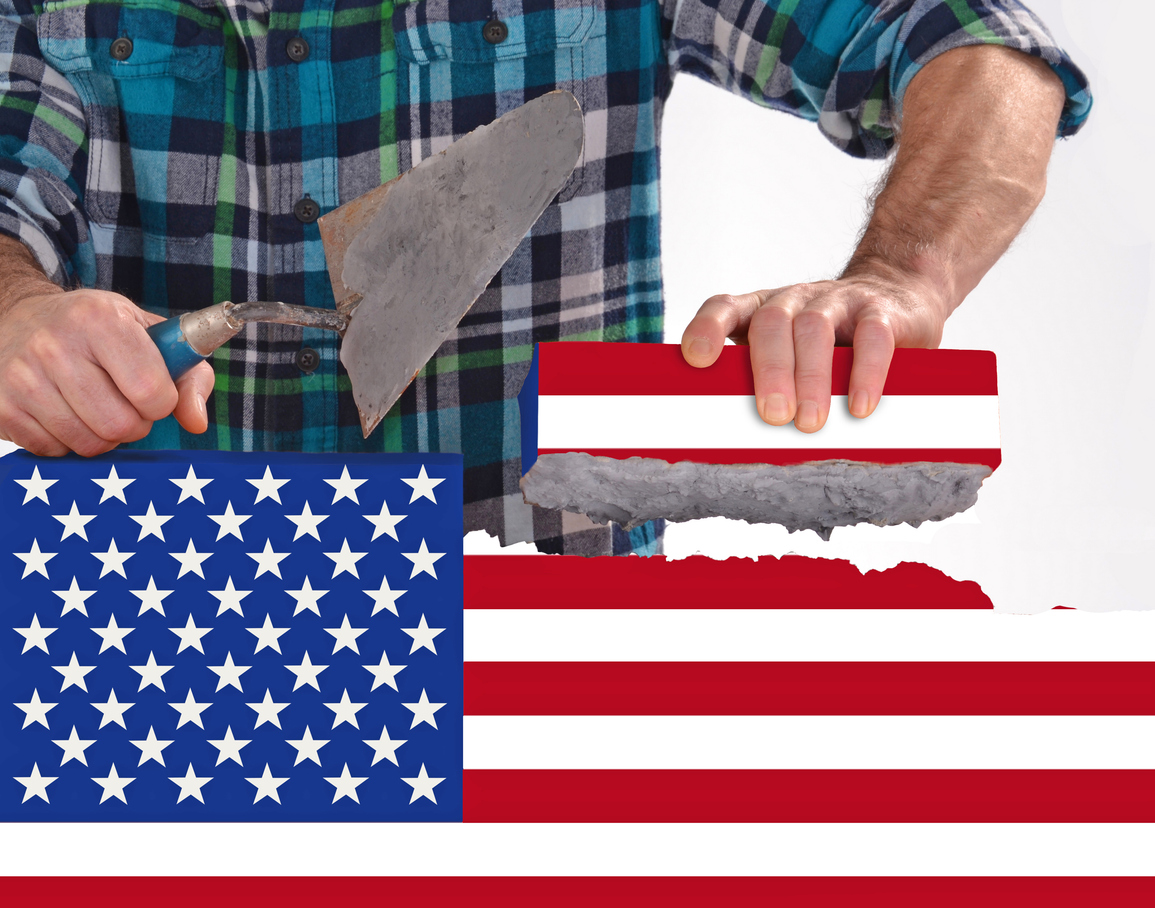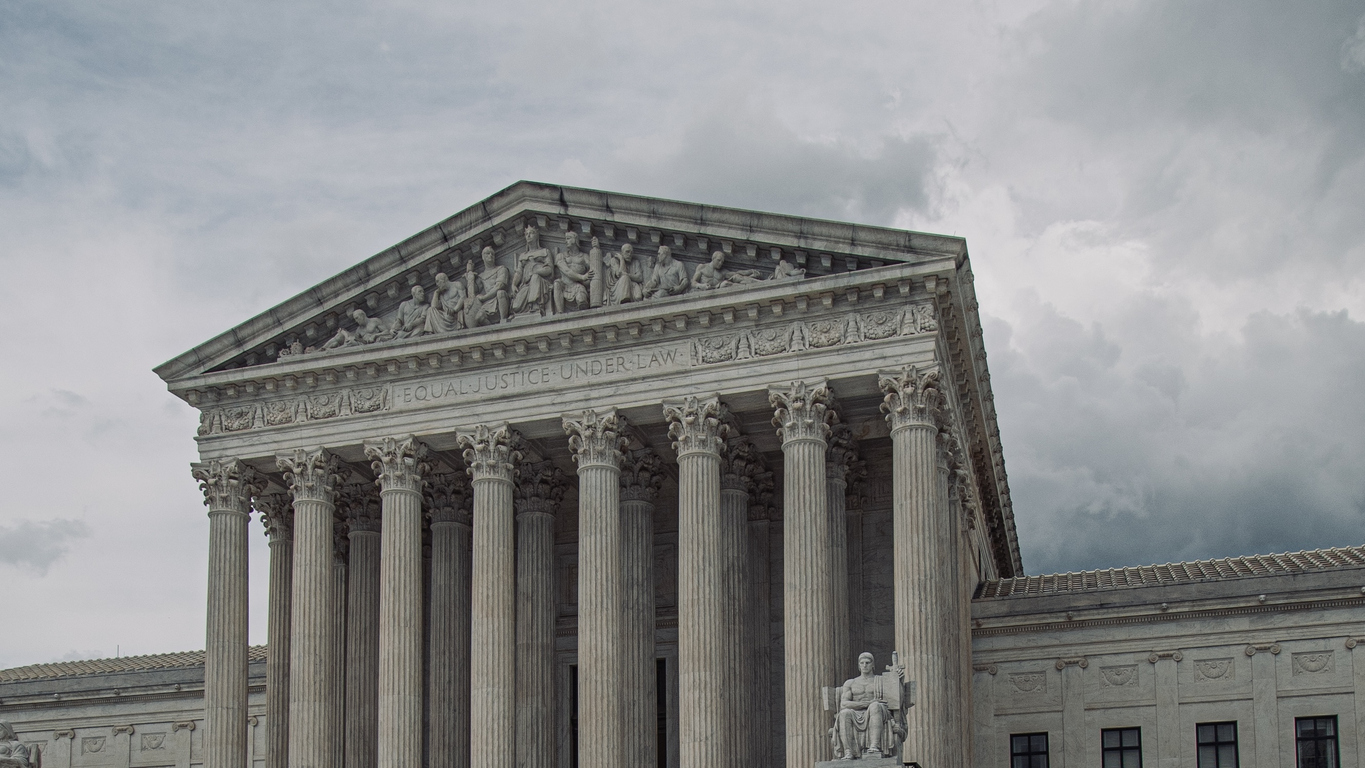Tag: Protest

Unions Join Unlikely Allies to Defend American Elections
Time Period: November 2020Location: United StatesMain Actors: AFL-CIO, SEIU, AFT, UNITE HERE, union membersTactics - Signed public statement - Declarations by organizations or institutions - Demonstrations - Assemblies of support...

German Businesses Defend Democracy and Fight Extremism
Time Period: 2017-PresentLocation: GermanyMain Actors: WVIB, VDMA, Welcome Saxony, Business LeadersTactics - Civic Engagement - Media Outreach - Signed Letters of Support - Social Media Campaign Given their country’s history...

Comparative Caselets: The Civil Service as a Pillar of Support
Time Period: 1920-2023Location: USA, Canada, Germany, Guinea-Bissau, FijiMain Actors: Current and former Department of Justice employees; American Federation of Government Employees (AFGE); National Treasury Employees Union (NTEU); Transportation Safety Administration...
